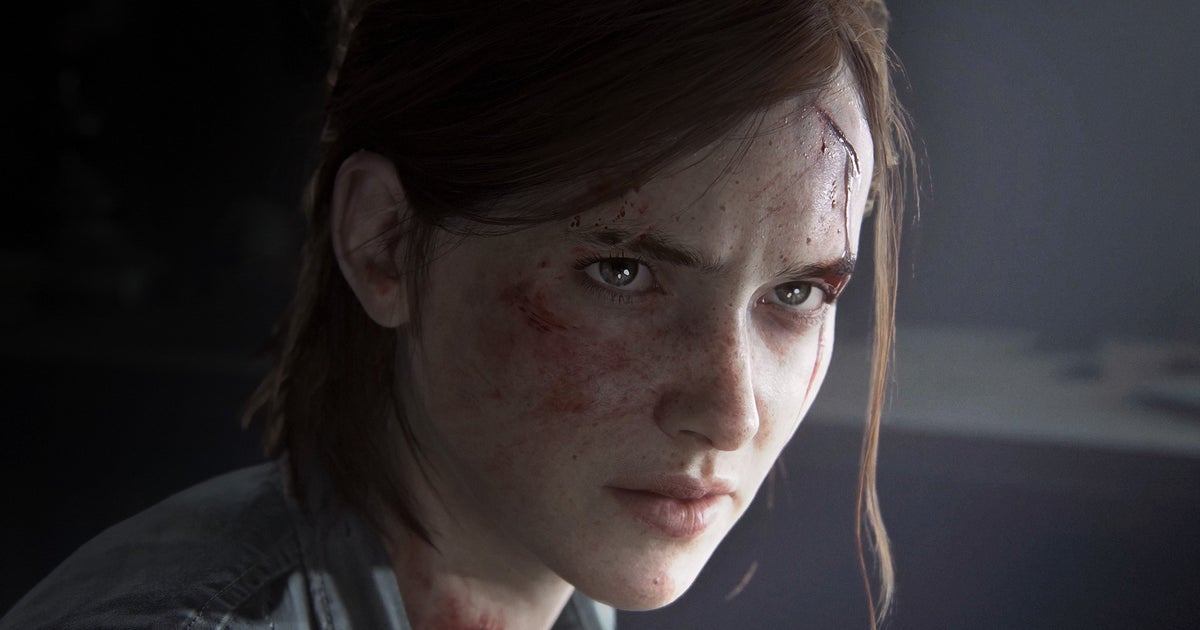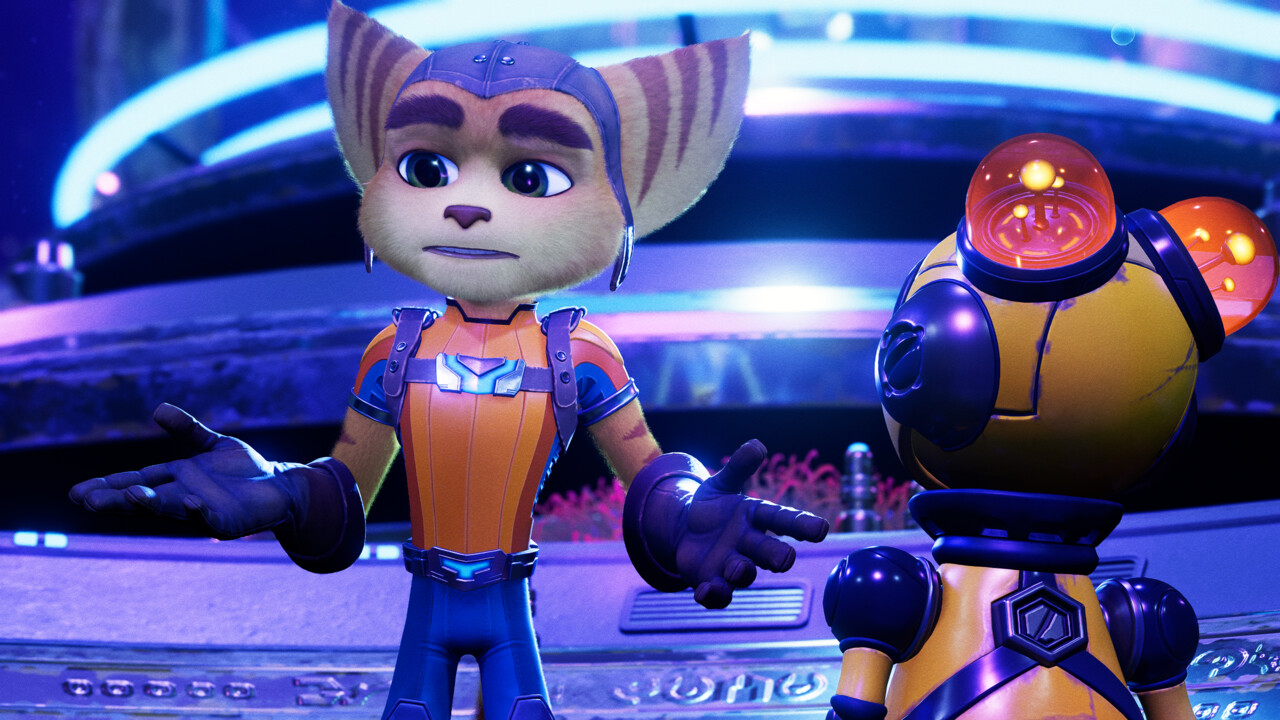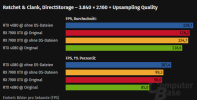Could you talk about the changes to streaming, vis a vis DirectStorage?
Coen Frauenfelder: Actually, the system lends itself very well to DirectStorage. We're just using CPU decompression, without GPU decompression. The new system gives us a lot of benefits - more room, better scalability on streaming things in faster.
Jurjen Katsman: One thing to maybe add is that we are using different compression algorithms which decompress really fast with low CPU usage, but use a little more disk space. We'd rather not spend too much time on unloading and decompressing in the background, so we make different trade-offs compared to PS5.






